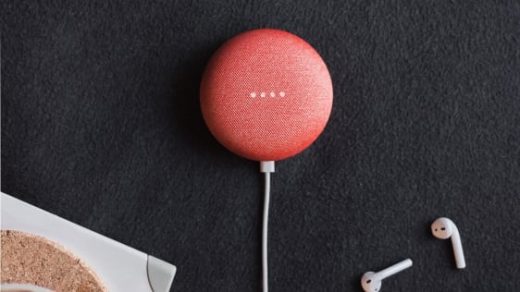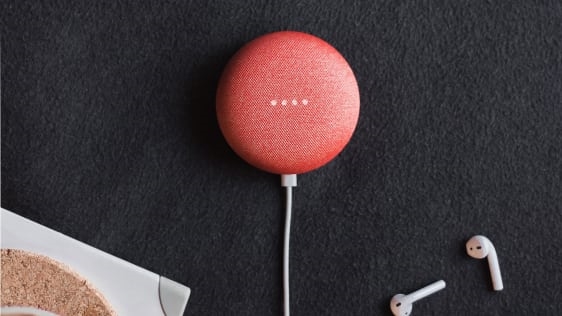Here’s How People Say Google Home And Alexa Impact Their Lives
Do you ever ask Alexa or Google Home for something and then say “Thank you” when you get what you’re looking for?
I do, often in spite of myself, and there’s a pretty good chance you do too. In fact, there’s a 41% chance of that. How do we know?
It’s because of new data released today by Google that digs into how we’re letting systems like Google Home or Amazon’s Alexa impact our daily lives. And according to the report, which surveyed more than 1,600 voice assistant owners, 41% of folks who have such a system say that using it feels like talking to a friend, or at least another person. Which explains why I want to say thank you–because that’s what you do when someone gives you what you’re asking for. “People are engaging with their voice-activated speakers as if they were human,” Google wrote in a blog post about the research. “They’re saying ‘please,’ ‘thank you,’ and even ‘sorry.’ People perceive the devices as more than just an electronic toy, they’re more akin to another person or a friend.”
Pretty much, I’d say.
Of course, for a lot of people, allowing a system like Google Home or Alexa into the house is a compromise–fears about loss of privacy in return for convenience. At least, that’s how it was at my house when I first installed a Google Home in my office, and later, a Home Mini in my kitchen. But according to the study, I’m an outlier when it comes to how often I use the system–I ask it for information perhaps once a week or so, and play music on it two or three times a week.

Most users, however, interact with their systems much more frequently than that. In fact, according to the study, 72% of people who own voice assistants say the devices are often part of their daily routines. “Some of their daily habits, such as checking commute times and setting reminders for things to buy later, are now accomplished by talking to their virtual assistant,” Google wrote in its blog post. “So long paper notes. By revamping their routines, people are getting more done with less friction.”
As for where people put their devices? A common room, like a living room or family room, is the most, er, common, with 52% of people placing them there. A quarter said the assistants are in the bedroom–nope, nope, nope at my house–and just 22% use them in the kitchen. Given my experience of enjoying my Home Mini in the kitchen, I find it surprising that so few people put their devices there, especially given how much time we all spend there.

In the meantime, inviting Google or Amazon into our homes in this way seems to pave the way for feeling okay about other brands being part of our lives, at least in the form of getting information that’s relevant to us. Fully 52% of voice assistant owners say they’re open to getting deals or learning about sales from their devices, while 48% invite personalized tips, 42% are okay with getting details on upcoming events or activities, 39% green-light getting business information such as store locations or hours, and 38% use their devices to access customer service or support.
Ultimately, there’s several reasons we’re increasingly adopting devices like Amazon’s Echo and Dot, and Google Home. First, people say they think having one lets them multitask more easily than before. Second, it lets them do things more quickly than devices like their phone or laptop. Third, they like getting fast answers to questions. And finally, it leads to an easier daily routine.
Unfortunately, the study didn’t ask for people’s feelings about potential loss of privacy, or if it did, Google didn’t report that data. And it’s clear a lot of people worry about having smart systems in their homes that are always on and always listening. And sometimes even recording everything they say.
Clearly for a lot of people, though, the benefits outweigh the risks.
Fast Company , Read Full Story
(16)



